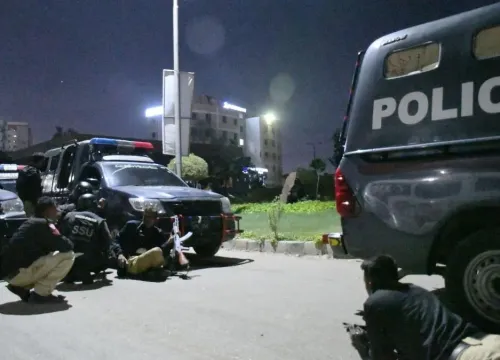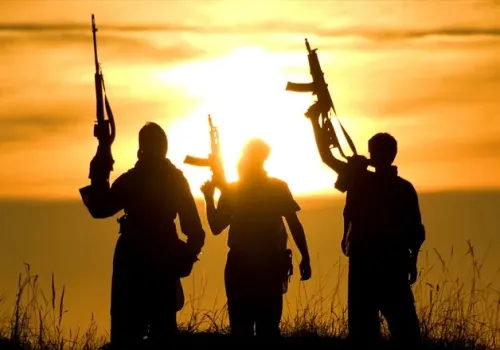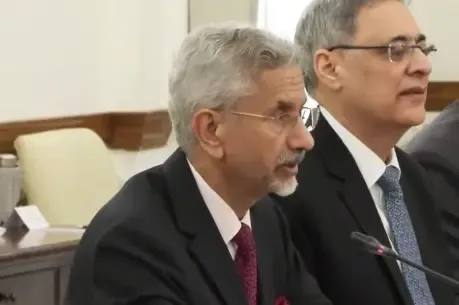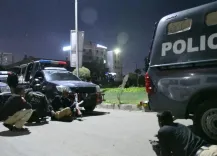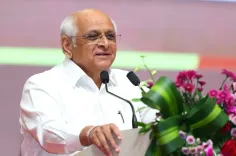Will Netanyahu Succeed in Disarming Hamas and Containing Hezbollah?
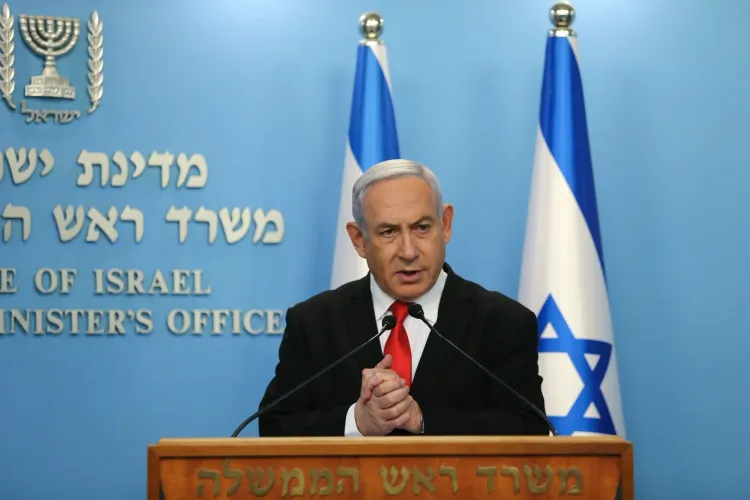
Synopsis
Key Takeaways
- Netanyahu's commitment to disarm Hamas remains firm despite the ceasefire.
- Active militant cells are still being targeted in Gaza.
- Hezbollah's rearming poses a potential threat that Israel is closely monitoring.
- The Israeli military continues operations against Hezbollah forces.
- The situation highlights the need for both military and diplomatic strategies.
Jerusalem, Nov 2 (NationPress) - Israeli Prime Minister Benjamin Netanyahu declared on Sunday his commitment to disarm Hamas and demilitarize the Gaza Strip. He stated that his administration would persist in targeting remaining militant cells, even amidst a ceasefire that was implemented last month.
"Certain Hamas cells continue to operate in regions of Gaza under our jurisdiction, and we are systematically neutralizing them," Netanyahu informed his ministers, referencing locales in Rafah and Khan Younis in southern Gaza, as reported by Xinhua News Agency.
"Disarming Hamas and demilitarizing the Gaza Strip is our fundamental principle," he asserted, adding that this objective was one he had agreed upon with US President Donald Trump. "If it cannot be accomplished by one means, it will be achieved by another."
Netanyahu noted that Israeli forces would maintain operations to protect troops still present in Gaza, emphasizing that Israel would keep its US allies informed about actions taken but would not seek their approval. He reaffirmed that Israel would not compromise its "supreme security responsibility."
His statements came as the White House strives to uphold the ceasefire and facilitate further hostage releases, despite ongoing Israeli strikes at a reduced frequency.
According to Gaza health authorities, at least 236 Palestinians have been killed and around 600 injured by Israeli fire since the truce began over three weeks ago, elevating the total death toll since October 7, 2023, to 68,865.
Netanyahu also called on Lebanon's government to enforce its pledge to disarm Hezbollah, accusing the group of rearming and warning that Israel would act in self-defense if required.
In a separate statement, Defence Minister Israel Katz urged Beirut to expel Hezbollah forces from southern Lebanon, asserting that "maximum enforcement will continue and intensify -- we will not permit any threat to residents of the north."
The Israeli military reported that it eliminated four members of Hezbollah's elite Radwan Force on Saturday in the latest operation, part of ongoing cross-border assaults that have not ceased, even after the ceasefire was established last November.

